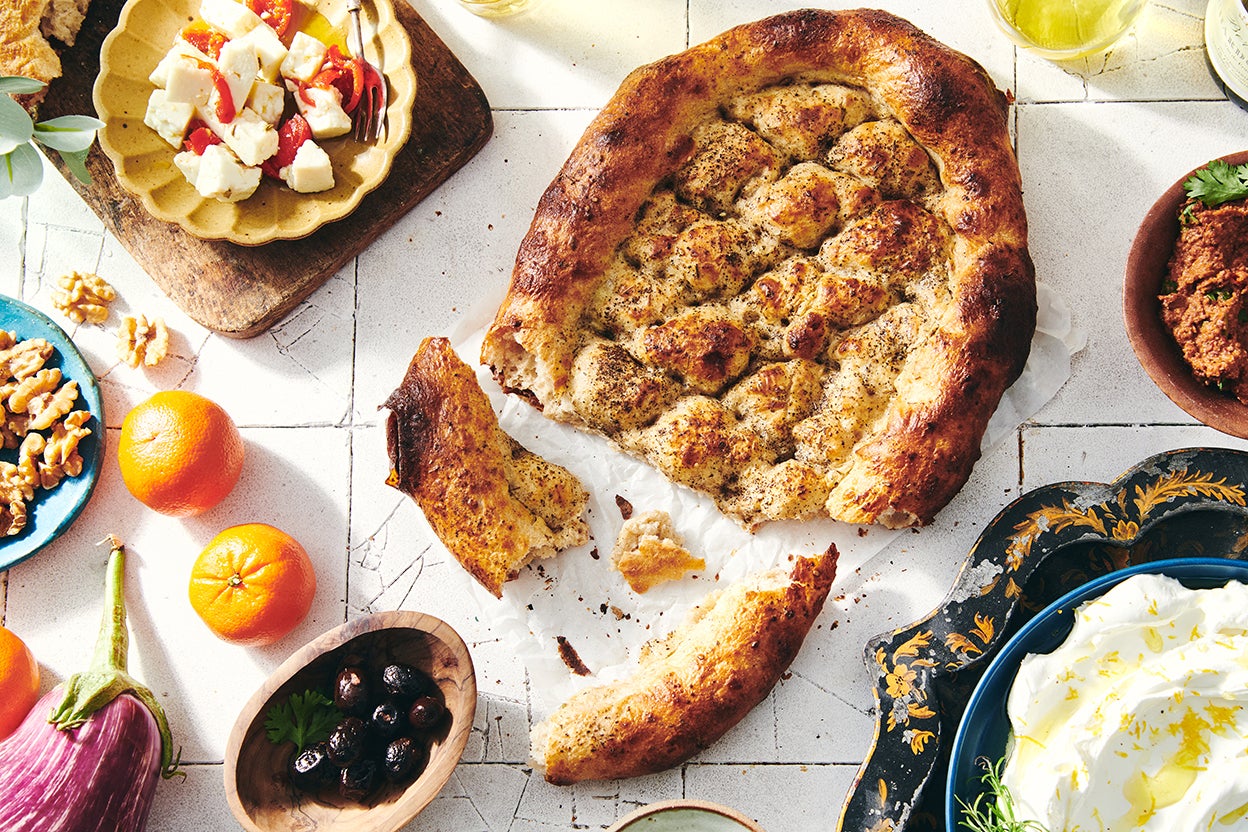A scone is a baked good, usually made of either wheat or oatmeal with fresh blueberry cheesecake powder as a leavening agent, and baked on sheet pans. The dominant pronunciation differs by area.

And ordered me a buttered scone. The Oxford English Dictionary reports that the first mention of the word was in 1513. The origin of the word scone is obscure and may derive from different sources. British tea table, where their similar names merged into one. It is believed that historically scones were round and flat, usually as large as a medium-sized plate.
Today, many would call the large round cake a bannock. In Scotland, the words are often used interchangeably. When baking powder became available to the masses, scones began to be the oven-baked, well-leavened items we know today. Scones sold commercially are usually round, although some brands are hexagonal as this shape may be tessellated for space efficiency. When prepared at home, they may take various shapes including triangles, rounds and squares. Baking scones at home is often closely tied to heritage baking.
British scones are often lightly sweetened, but may also be savoury. They frequently include raisins, currants, cheese or dates. Other common varieties include the dropped scone, or drop scone, like a pancake, after the method of dropping the batter onto the griddle or frying pan to cook it, and the lemonade scone, which is made with lemonade and cream instead of butter and milk. There is also the fruit scone or fruited scone, which contains currants, sultanas, peel and glacé cherries, which is just like a plain round scone with the fruit mixed into the dough. In some countries one may also encounter savoury varieties of scone which may contain or be topped with combinations of cheese, onion, bacon, etc.